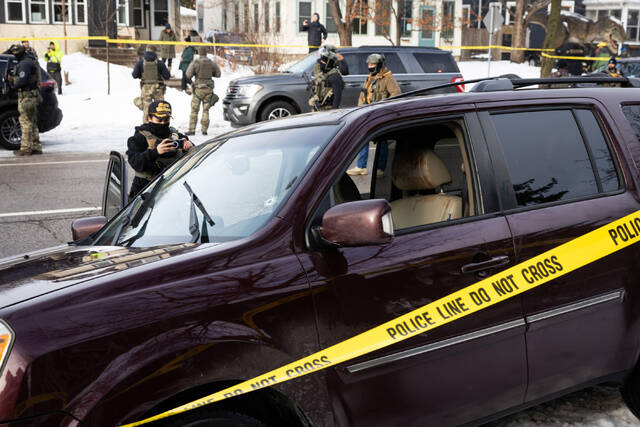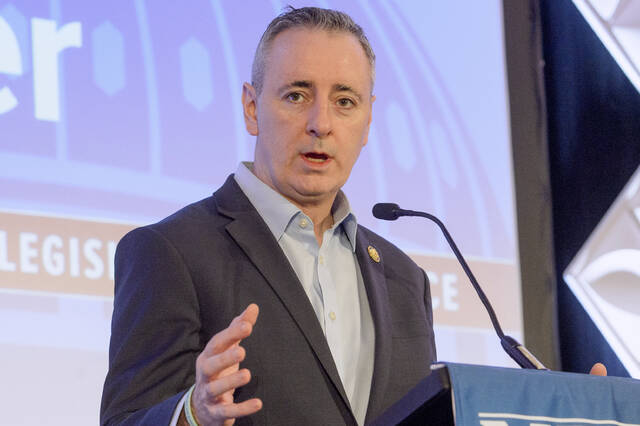Movies have given us a lot of unrealistic expectations.
We expect love to conquer all. We expect a last minute judicial Hail Mary to save an unwinnable court case. We expect the underdog to win the big game.
Television has convinced us that the most complicated problems can be solved in a 20-episode season, if not a one-hour show, including commercial breaks. We have come to believe, on some level, that countdowns never reach 0 before the red wire is clipped and disaster is averted.
I blame Steven Spielberg and George Lucas. I blame “CSI” and “Buffy the Vampire Slayer.”
Because big problems — real problems — cannot be scripted into neat timelines and miraculous last-minute solutions.
Two friends recently were squabbling over what has been done in the coronavirus pandemic versus what should have been done. They have very different opinions on covid-19 and politics. They blamed different people, but the crux of their dissatisfaction was the same. The pandemic deserved the kind of James Bond heroism and instinctive scientific leaps that save the day on a screen.
These are both smart people. They know that’s not factual. They both have issues with personal freedoms and careful science. Neither of them would want someone to swoop in with an untested treatment that was crop-dusted over the populace. But they were also both a little disappointed to not have a superhero solution.
I understood. The ease of a three-act resolution would have been a breathtaking relief. Instead of still wondering why Pennsylvania doesn’t have enough vaccine to go around, or trying to balance the competing interests of economy and social services and government and medicine, we could be looking behind us at the pandemic to learn lessons from what happened and how it was handled.
But we can’t. Because the movies aren’t fair, and television lies.
To say that the vaccine should have been done sooner denies that light speed that it was accomplished. Polio’s first U.S. outbreak was in 1894. It was 11 years before we realized it was infectious and another three before we found the virus. The first vaccine trials were in 1935, and Dr. Jonas Salk’s vaccine wasn’t licensed until 1955. That is 61 years.
The first U.S. case of covid-19 was one year ago. The first Pennsylvania case was in March 2020. It was nine months and eight days later that the first vaccine doses were administered. That is a speed that might not seem as dramatic as Dustin Hoffman’s “Outbreak” cure, but was truly foundation-shaking.
There are plenty of problems with how pandemic response has been managed. There have been false starts and backpedaling. There were decisions that rightly should be scrutinized for possible problems and future improvements.
But if we are going to second-guess what has happened, we have to measure it against a better yardstick. Let’s put it up against cities or states or countries that have done things more effectively or more efficiently. Let’s abandon what isn’t working and follow a model that is.
Until then, epidemic movies like “Contagion” and “World War Z” are popular right now, which makes sense. Solutions that are just a bowl of popcorn away are what we crave. We just have to remember that Brad Pitt is only pretending to know what he’s doing.








